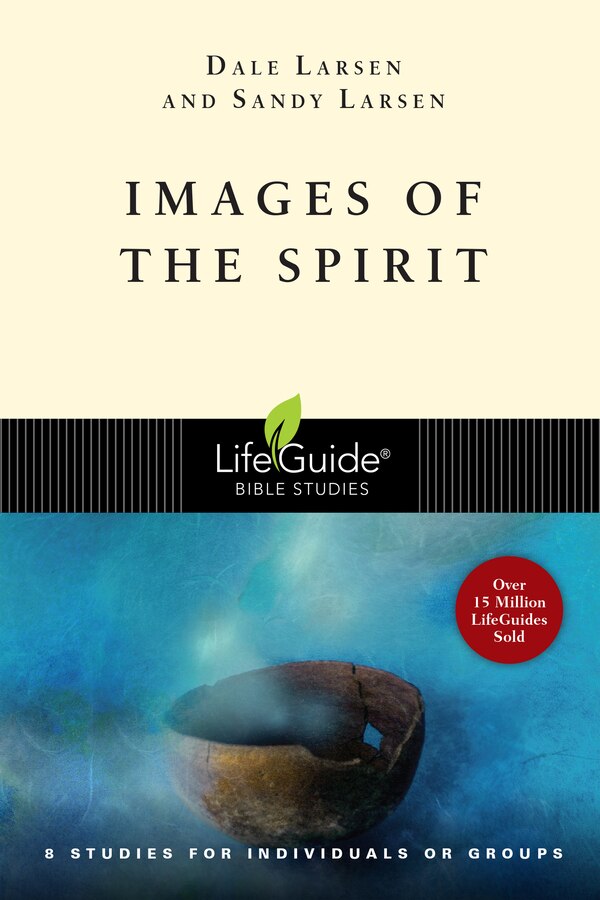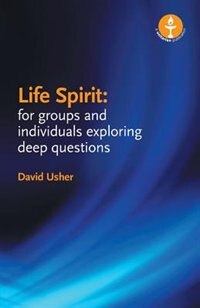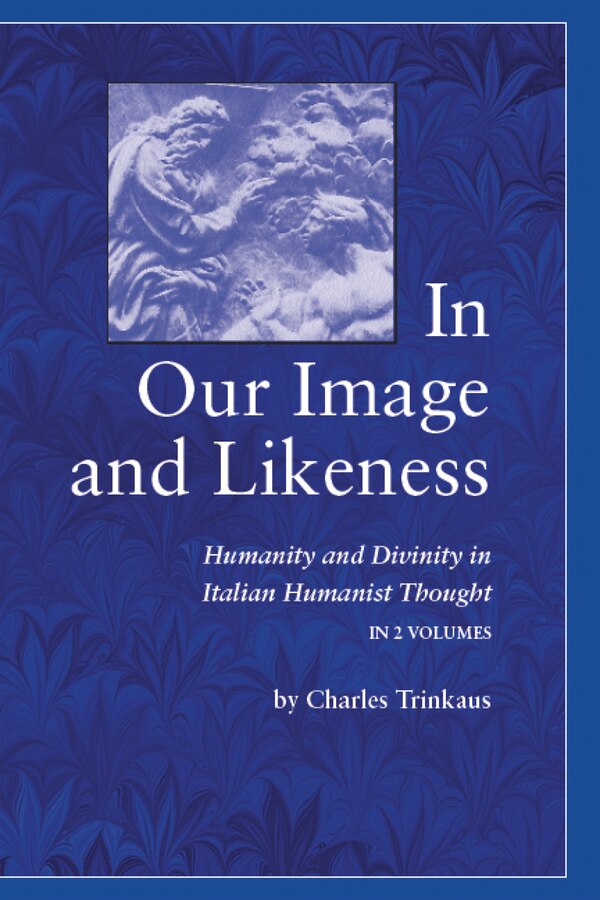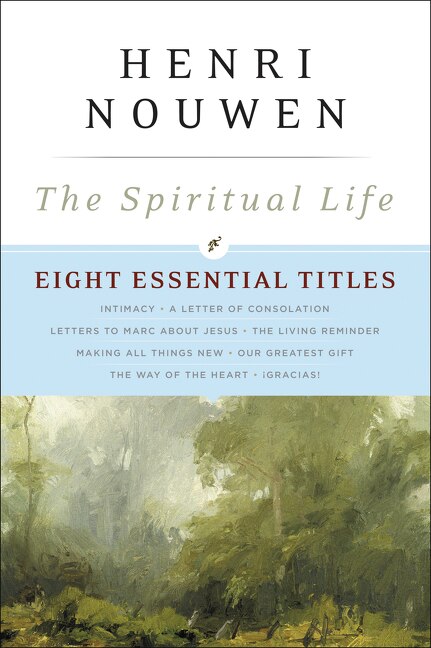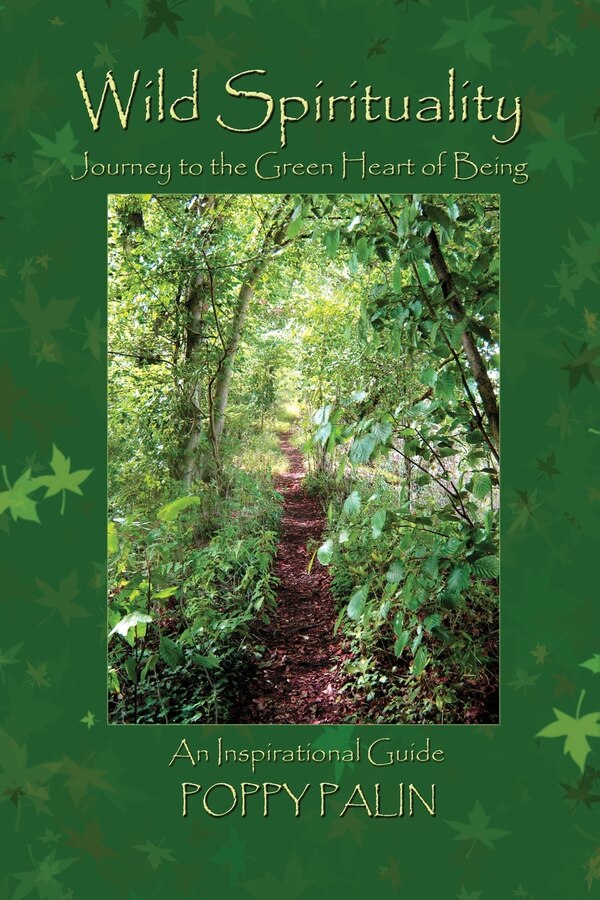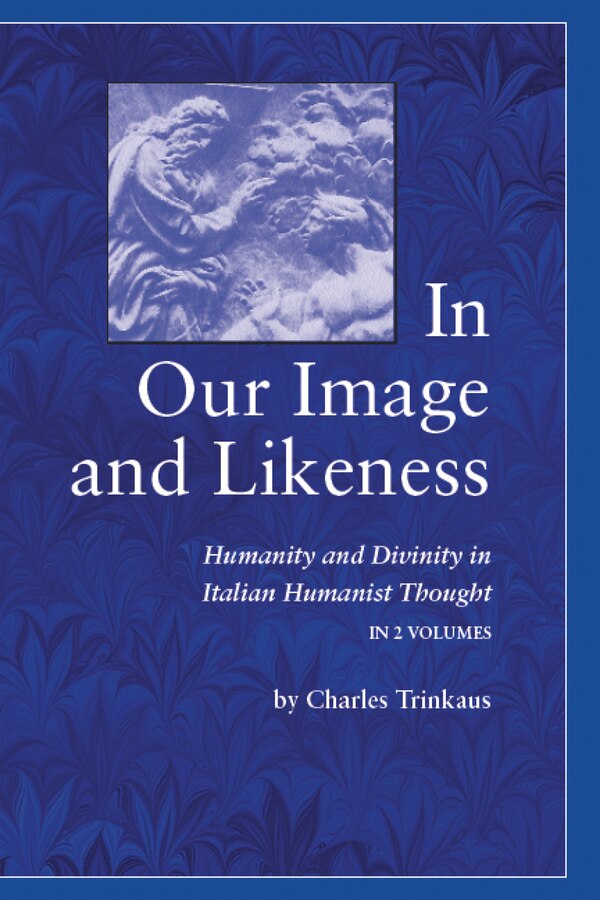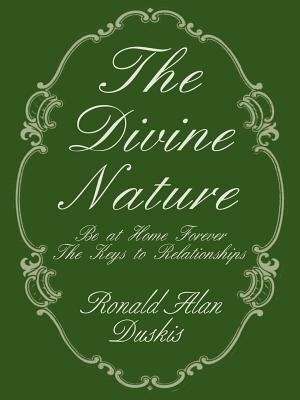Home
In The Image Of The Spirit's Own Nature: by Larion Popoff, Paperback | Indigo Chapters
Loading Inventory...
Coles
In The Image Of The Spirit's Own Nature: by Larion Popoff, Paperback | Indigo Chapters
From Larion Popoff
Current price: $33.95


Coles
In The Image Of The Spirit's Own Nature: by Larion Popoff, Paperback | Indigo Chapters
From Larion Popoff
Current price: $33.95
Loading Inventory...
Size: 0.72 x 9 x 1.04
*Product information may vary - to confirm product availability, pricing, shipping and return information please contact Coles
The concept of being created in the image of the Spirit's own nature is the core of my treatise. Using only the Jerusalem Bible and the Lost Books of the Bible, I take the position that since man is created in the image of God's own nature - loving, forgiving, and eternal - then that nature cannot be extinguished by the action or life-style of a human being. To destroy the nature of God within us is to destroy a part of the Spirit of Creation within us. Can man destroy something that is divine and eternal? No Surely Jesus held this same view when he urged his followers: """"You must therefore be perfect just as your heavenly Father is perfect."""" (Matthew 5:48) Jesus recognized the divine nature of God within people and therefore urged people to use this God-given nature in their daily lives. Following Paul's understanding of the relationship between God and his creation (Romans 5:19), theologians argue that the nature of the Creator within people was extinguished by the action of Adam, and can only be now restored by our union in Christ's death and resurrection through baptism. (Romans 6:4). There is no evidence in the Bible that the Hebrew people believed in the fall of mankind in the Garden of Eden. On the contrary, Ezekiel wrote: ...""""a son is not to suffer for the sins of the father, nor the father for the sins of his son."""" (Ezekiel 18:20) If this is what the Hebrew people believed - each person is responsible for his/her action - then why did Paul take an ancient practise of blood and flesh sacrifice and apply it to the life and death of Jesus? He insisted that God's righteousness does not allow a penitent sinner to enter his kingdom. Onlythrough the shedding of the blood of Christ on the cross can a penitent be welcomed into the kingdom. From the Bible's point of view, Paul's understanding of God's righteousness has nothing to do with the true nature of the Spirit of Creation. Speaking through the prophet Hosea - and many more - God makes it abundantly clear: ...""""since what I want is love not sacrifice; knowledge of God not holocausts."""" (Hosea 6:6) David, the penitent sinner, stated it even more clearly: ...""""my sacrifice is this broken spirit. You will not scorn this crushed and broken heart."""" (Psalm 51:16-17) The Prophets, King David, and Jesus captured the true nature of the Creator. The Spirit of Creation desires people to love, to forgive, and to embrace one another. It wants people to live virtuous lives. | In The Image Of The Spirit's Own Nature: by Larion Popoff, Paperback | Indigo Chapters

